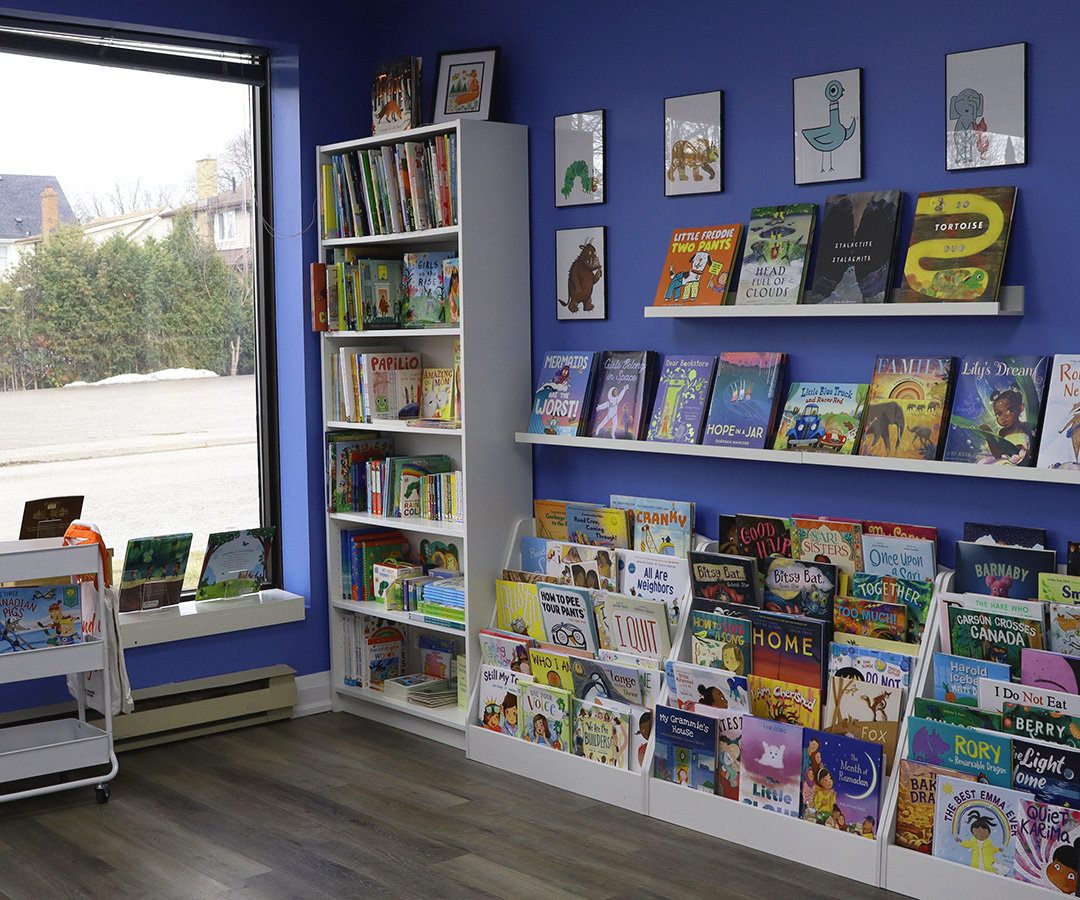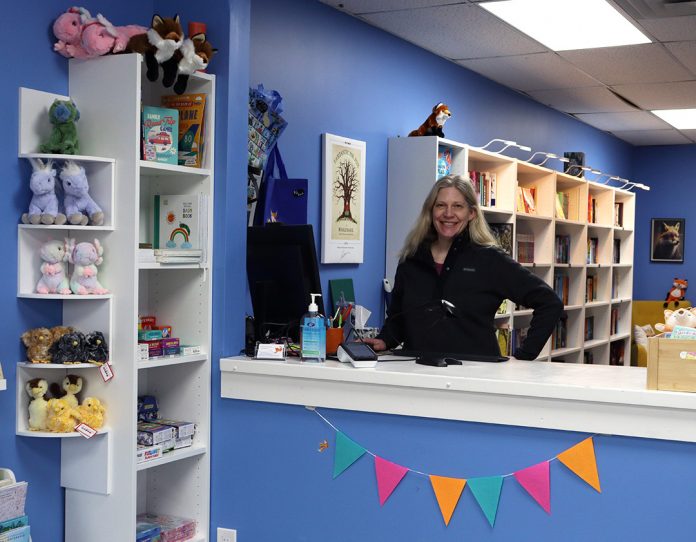With the threat of April 2 retaliatory tariffs looming, independent booksellers across Ontario are bracing for potential disruptions, uncertain how—or even if—the 25 per cent tariffs will impact their businesses
“Books are on the list of the next set of retaliatory tariffs set to go on April 2nd. Will they actually go through? Nobody knows,” said Sarah Parker, owner of Curious Fox Bookshop, an independent children’s bookstore in Whitby, Ont.

BookNet, a non-profit organization that supports the Canadian book industry, found that in 2022, 13 per cent of Canadians bought their books from independent sellers, earning $998 million, according to Statistics Canada.
Parker opened her store last summer, fulfilling a lifelong dream of supporting the reading journey of Canadian youth.
She worries tariffs will negatively impact her business.
“If the tariffs last for any length of time, bookstores will start to close either because it will be difficult to make a profit with the added costs, or customers will start looking for the cheapest place to buy books,” said Parker.
Parker fears customers will turn to large online retailers like Amazon, whose low-cost deals already pose challenges for independent booksellers.
Parker said publishing is a very “integrated” industry.
Many books are printed and stored in American facilities and then shipped to distributors in Canada. Very few books are actually printed in Canada.
A 25 per cent tariff would impact several areas within publishing from manufacturing, printing, storing and sales.
Sean Fitzpatrick, co-owner of Take Cover Books in Peterborough, Ont., said his independent bookstore faces similar struggles.
“Since we’re not manufacturing books, the U.S. tariffs have not yet affected our business,” said Fitzpatrick, emphasizing the word “yet.”
The increased costs could fall on publishers, booksellers, consumers—or a combination of all three.
Parker said, “It’s a no-win situation for everyone.”
Durham College (DC) student and member of DC’s Romance Book club Gabi Rastas said book prices are already “unmanageable” and the idea of them increasing even more is “defeating.”
If prices do rise, Rastas plans to use libraries more and purchase physical books sparingly.
But what if libraries are also impacted by these imminent tariffs?
Dina Pen, marketing manager of Oshawa Public Libraries, said in an email that these tariffs could significantly impact purchasing power.
“These tariffs mean we might need to reduce the number of copies we purchase. Instead of buying eight copies of a bestseller, we may now only be able to purchase six,” said Pen.
The Canadian Independent Bookseller Association (CIBA) is working with Indigo to present a “united front” in light of the possible consequences of the tariffs, according to Parker.
As reported by Postmedia, Canadian-based media conglomerate operating in newspaper publishing, CIBA sent a letter to Prime Minister Mark Carney two weeks ago, asking that an effort be made to exempt books from the tariffs.
There has been no response.
“It’s hard to tackle a problem that shouldn’t exist. It’s harder to tackle a problem that maybe will never exist. The uncertainty here is the killer,” said Fitzpatrick.
For now, independent booksellers like Parker and Fitzpatrick can do little but wait—and hope the tariffs never become reality.




